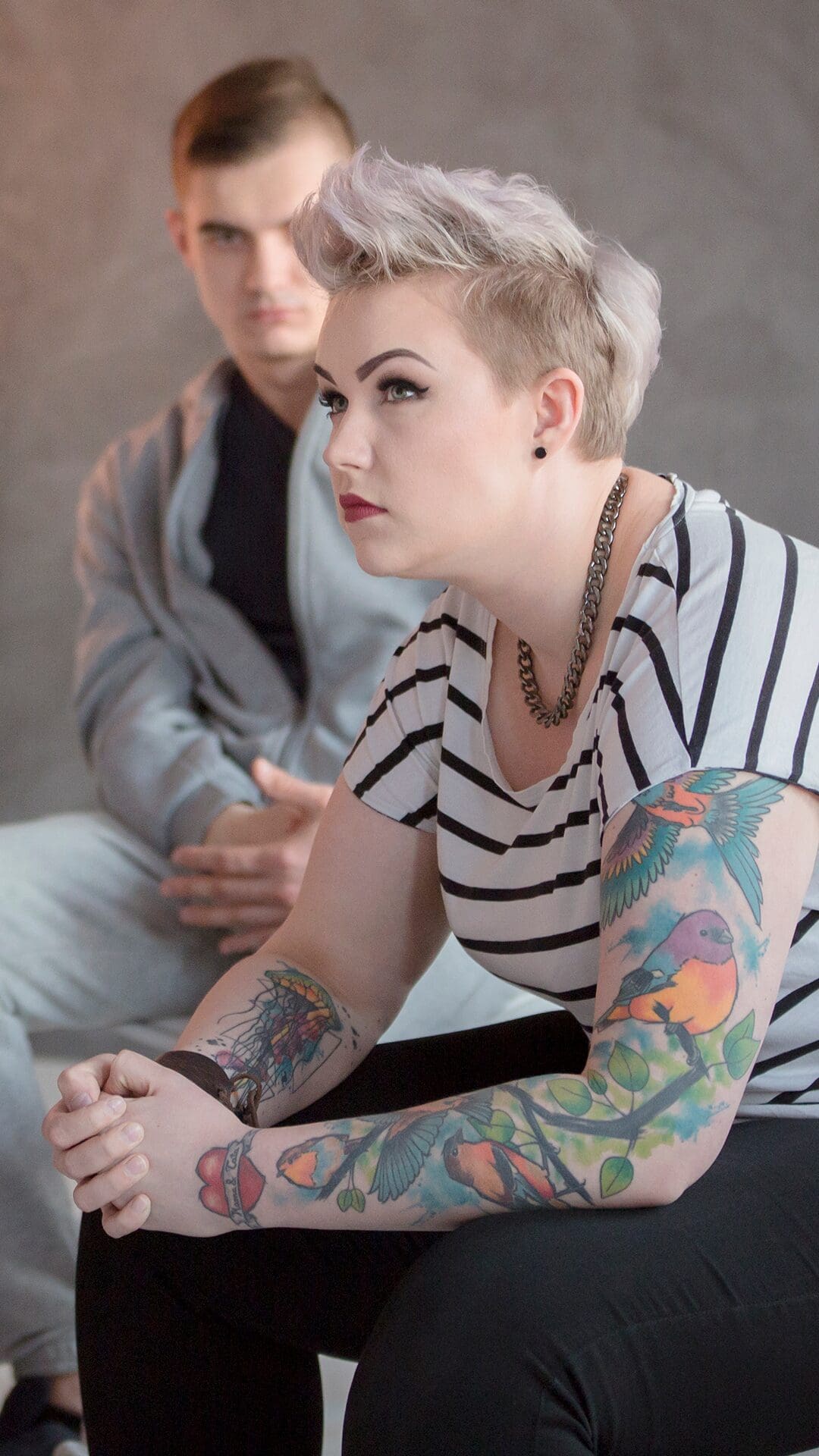We understand the complex relationship between substance use and mental health disorders.
Our program is designed to address both simultaneously, providing lasting recovery.
We address the underlying trauma or factors that can feed addiction. Our integrated approach guides our clients to achieve long-term, sustainable healing.
For our clients with co-occurring disorders, we partner with medical providers to assess for any needed changes or additions to current medication regimens. Other treatment may include behavioral therapy, support groups or in-patient care.

Substance addiction and mental health disorders often go hand-in hand.
The Journal of American Medical Association reports that 37% of alcohol abusers and 53% of drug abusers also have at least one mental illness.
Mental health disorders can include depression, anxiety and other mental health conditions. A substance use disorder may involve any addictive substance. When these factors occur together, it can make each issue worse. Untreated mental health issues can cause substance use problems to worsen. And when substance use increases, mental health problems may increase, too. Prevail Addiction Recovery Center can help to halt this vicious cycle.
Did you know?
- Mental health disorders and substance use disorders can both run in families. Research shows that certain genes may contribute to your risk of developing either condition.
- Mental health disorders can change the way your brain processes pleasure or “rewards.” This can make someone with a mental health disorder be more likely to become addicted.
- Substance abuse can also change your brain’s pathways, making someone experiencing addiction be more susceptible to a mental health disorder.
Prevail Addiction Recovery Center homes are designed to foster a community of supported sobriety, removing the stigma and shame of dependence on alcohol.
We take a multifaceted approach to helping someone become and stay sober. Your treatment will depend on many factors including duration of use, medical history, or other personal needs.
The treatment we provide may include residential rehabilitation, medication-assisted treatment, cognitive behavioral therapy, 12-step programs, alternative therapies, group counseling, and more.
